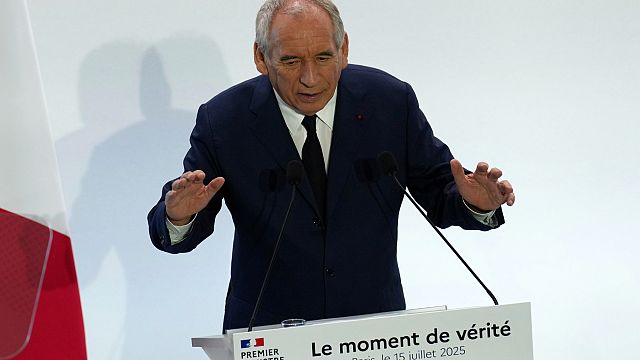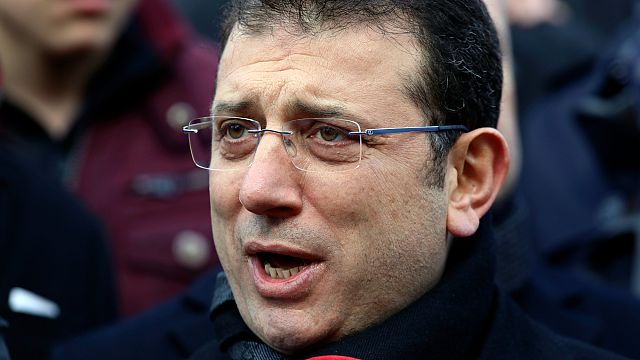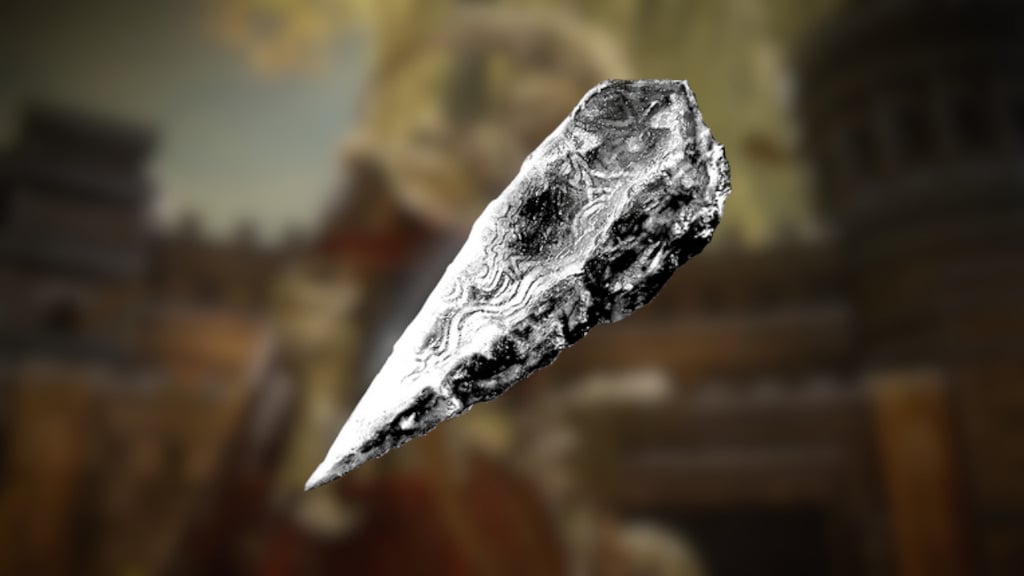The Economy Seems Healthy. Were the Warnings About Tariffs Overblown?

When President Trump announced sweeping tariffs on American trading partners in early April, economists warned of dire consequences — higher prices, rising unemployment and possibly a recession.
Three months later, inflation remains muted, the job market remains strong and forecasters have dialed back their recession predictions.
“The so-called ‘Experts’ were wrong again,” Mr. Trump declared on social media last week. “Tariffs are making our Country ‘BOOM.’”
Not so fast, economists say. They point to evidence that the effects of tariffs are starting to show up in the economic statistics, albeit in subtle ways.
Data from the Labor Department on Tuesday showed that overall inflation remained tame in June, but that prices were up sharply in some categories affected by tariffs, such as toys and appliances. The job market, too, is starting to show some cracks, and there are signs consumers have begun to pull back their spending.
Economists expect that evidence to mount in the months ahead, as companies use up inventories built up before the tariffs took effect and begin passing costs on to customers.
“It was always going to take a few months to filter into the hard data,” said Tara Sinclair, an economist at George Washington University.
Economists once expected a much steeper slowdown. But those dire predictions came in response to the punishingly high tariff rates that Mr. Trump announced in early April. Those policies never took effect: The president paused most of the tariffs in response to turmoil in financial markets, and later agreed to temporarily reduce tariffs on China as well.
Even the reduced tariff rates are the highest in decades, and most economists are confident that the policies — and the uncertainty surrounding them — will lead to faster inflation and slower growth. But the damage will be subtler and more gradual than if the duties that Mr. Trump announced in April had taken effect.
“The extreme tariff policies haven’t happened yet,” said Michael Madowitz, an economist at the Roosevelt Institute. “If you’re looking for those in the data, you probably aren’t going to find them.”
In recent days, Mr. Trump has sent letters to foreign leaders threatening to impose steep tariffs on Aug. 1. If he follows through on those threats and significantly raises tariffs on major trading partners, the recession warnings could return.
Still, economists acknowledge that they aren’t sure exactly when the effects of Mr. Trump’s policies will show up clearly in the data, in part because there are few if any recent historical precedents for tariffs of this magnitude.
“We’re kind of in a new territory here,” said Robert McClelland, a fellow at the Tax Policy Center, a joint project of the Urban Institute and the Brookings Institution.
Inflation

Consumer prices rose more quickly in June, but for the most part, inflation has remained calm in the early months of the Trump administration. The White House has resisted suggestions that tariffs are pushing up prices: A report from the White House’s Council of Economic Advisers last week found that products that often come from overseas had gotten cheaper since Mr. Trump took office.
That study, though, relied on government data that doesn’t directly distinguish between goods that are produced domestically and those brought in from overseas. Omair Sharif, the founder of the research firm Inflation Insights, published a detailed rebuttal on Monday, calling the study’s methodology into question and arguing that it is too soon to see the full effects of tariffs on consumer prices.
“If the main point of the C.E.A.’s analysis is to suggest that tariffs are not impacting inflation, then I think they’ve spiked the ball at the 50-yard line,” Mr. Sharif wrote.
Another study, by Alberto Cavallo, a Harvard economist, and two co-authors, looked at prices for individual products from online retailers, which allowed them to identify where the goods were produced. They found that prices for imported goods, particularly from China, had outpaced those of domestic items since Mr. Trump’s tariffs took effect, although prices have moderated somewhat in recent weeks.
Still, the effects have been relatively modest, and have been slower to appear than some forecasters initially expected.
Economists cite several reasons for the delay. With consumer confidence low and concerns about the direction of the economy high, companies can be reluctant to raise prices too quickly lest they scare off customers. The frequent pauses and reversals in Mr. Trump’s trade policies may also be leading companies to hold off on pricing decisions until they see where tariffs ultimately settle.
“I think the uncertainty is preventing these adjustments from happening,” Mr. Cavallo said. Given that uncertainty, “you might decide to wait because you’re going to pay a cost for adjusting your price — you might antagonize your customers.”
An analysis by economists at Goldman Sachs last week found that consumers initially bore only about 10 percent of the cost of tariffs, but that the share had risen to about 40 percent after three months. American companies shouldered most of the rest of the tariff burden, with foreign exporters paying only about 20 percent of the cost.
Many companies have the flexibility to wait to raise prices because they stockpiled products and materials ahead of time, leaving them with an inventory of goods purchased at pre-tariff prices.
“We’ve had businesses front-run imports like we’ve never seen before, so they’re still sitting on a lot of stock that they can whittle down before they really have to make decisions,” said Sarah House, an economist at Wells Fargo.
The Job Market

The longer companies wait to raise prices, however, the more tariffs will eat into their profit margins. That could cause them to cut back on hiring and investment, leading to slower job growth and higher unemployment.
Those effects, too, have been slow to show up in the economic data. Job growth was solid in June, and the unemployment rate, at 4.1 percent, has barely budged since Mr. Trump took office.
But there are signs beneath the surface that the job market is losing momentum. Hiring in June was concentrated in health care and local government; other sectors added few jobs, and manufacturing employment fell for the second consecutive month. Layoffs remain low, but it is taking longer for people who are unemployed to find jobs — and workers, perhaps sensing that their jobs are on shakier ground, are switching employers less often.
All of that is consistent with anecdotal reports from employers that they are in a holding pattern until they gain more clarity on tariffs, immigration and other policies.
“Firms are getting squeezed” by higher costs from tariffs and weaker demand from consumers, said Laura Rosner-Warburton, an economist at MacroPolicy Perspectives, a forecasting firm. In response, she said, “we’ve heard them say, ‘We’ve paused hiring.’”
Recession Watch
Economists’ recent forecasting record has been spotty, at best. They largely failed to foresee the surge of inflation after the pandemic, then mistakenly predicted that it would take a recession to bring prices back under control. Historically, economists have been able to identify recessions only after they have begun.
But what is clear is that the economy has less margin for error than it did during the postpandemic reopening boom, or even during Mr. Trump’s first term. Job growth has slowed. Consumer spending, which remained resilient through a period of high inflation and interest rates, is showing signs of cracking. That leaves the economy vulnerable if it is hit by another shock, whether caused by Mr. Trump or by some external force.
“There’s a big difference between something going wrong with your plane when you’re at cruising altitude than when you’re flying closer to the ground,” Mr. Madowitz said. “If we’re just scraping the treetops and barely staying above the ground, that’s not a very safe place to be.”
And even if tariffs don’t cause the economic plane to crash, they could still cause damage, Ms. Sinclair said. The tariffs that Mr. Trump announced on April 2, if allowed to take effect, would most likely have had an immediate, easily recognized impact on prices and growth. The current policies are more likely to cause more modest damage — year after year of slightly higher unemployment and slightly slower growth.
“I would not say that if we avoid a recession this year and next, then, oh, tariffs weren’t that bad,” she said. “This will add up terribly over time.”
What's Your Reaction?
 Like
0
Like
0
 Dislike
0
Dislike
0
 Love
0
Love
0
 Funny
0
Funny
0
 Angry
0
Angry
0
 Sad
0
Sad
0
 Wow
0
Wow
0









































